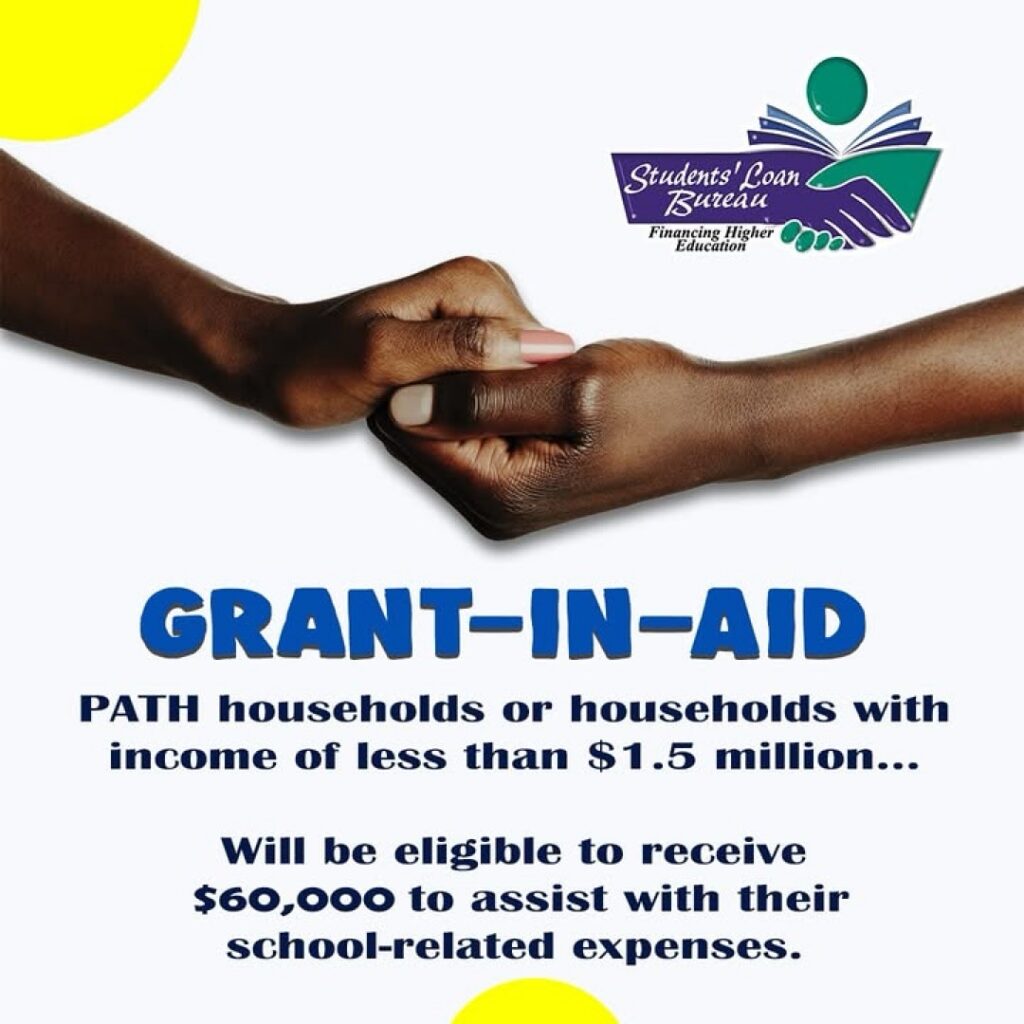Developing tuition saving skills is essential in covering the cost on Education in Jamaica and overseas. Some consider it a nasty word and rightfully so. It’s expensive and can hang over a student’s head throughout college and for years to come. But there are ways to save on tuition – you just need to become savvy about it. It takes time and effort, but when you’re talking about that much money, it’s more than likely worth what you put into it.
Simple Ways to Improve Your College Tuition Saving
Apply for Scholarships and Grants
Since you’re on ScholarshipJamaica.com, that’s half the battle! Now you just need to apply for as many available scholarships as possible. Remember, the trick with scholarships is, the more you apply for, the more likely you are to win one and the more likely to improve your tuition saving.
Doubtful? Students really do win scholarships through ScholarshipJamaica.com and we have a Wall of Fame to prove it. Check it out – you could be the next winner! Make sure you apply to any of your scholarship matches on ScholarshipJamaica.com – it’s a great resource that matches you to the scholarships so you don’t have to do any searching on your own!
There are millions of Jamaican scholarships available and, no matter what type of student you are, there are scholarships out there for you. You just need to take advantage of the opportunities provided and keep applying.
So many scholarships in Jamaica remain untouched every year because of a lack of applicants, which means the money is out there, you just need to put in a little effort to obtain it. Similar to scholarships, grants are often considered “free money” because it’s essentially financial aid that doesn’t require repayment.
The main difference between a grant and a scholarships is that a grant is more likely to be need-based, while a scholarship is more likely to be merit-based or have more specific eligibility qualifications.
Both grants and scholarships can come from the government of Jamaica (through the Ministry of Finance or other MPs), the college you’re attending or, even, private and non-profit organizations. Find out the types of grants you’re eligible for and apply for all grants you meet the requirements for. After doing some research, you may be surprised at how many you meet the eligibility requirements to apply.
There is one stipulation with grants and scholarships, alike. Some require partial or full repayment if, for example, you drop out or don’t finish the semester the grant or scholarship was awarded. In addition to ScholarshipJamaica.com, your teachers, guidance counselors and financial aid office will be able to assist you in any questions you may have regarding where to apply, how to find grants and scholarships and evaluate your eligibility.
Summer Enrollment
If you enroll in summer courses each year, the length of time you’re in college will decrease. Also, you’re more likely to graduate within four years, which many college students are not able to do. This certainly saves money in the long run. Depending on the college or university, summer courses are often cheaper than those in the fall and spring semesters.
Take More Credits Per Semester
This may not sound like it will save you money, but if you take the maximum amount of credits each semester, you’ll be sure to graduate on time, if not earlier. Make sure you balance your course load in terms of difficulty level so that you don’t feel overwhelmed.
But, remember, the closer you are to graduation, the closer you are to no longer having to pay tuition bills. Graduation means no more tuition, which is a great thing!
Financial Aid
The best place to locate financial aid and also to increase your tuition saving is from the Financial Aid Office (as the same says) of Student Services Department at your college or university. It all depends of the term used at your institution – they offer the same service, financial aid!
Financial Aid is any grant or scholarship, loan, or paid employment offered to help a student meet his/her college/university expenses. Such aid is usually provided by various sources such as Student Loan Bureau, universities, government ministries, some employers and local non-for-profits, high schools, foundations, and corporations.
The amount of financial aid that a student receives is determined through the GOJ and institutional guidelines. Grants include aid the student receives that need not be repaid; loans must be repaid. Interest rates and repayment terms vary by program and sources including the SLB, and private education loan providers. Employment is aid based on an hourly rate for work performed (www.nysfaaa.org).
Start with the financial aid/students services office at your school!
Work-Study Programs
Many students don’t realize that they qualify for work-study. Actually, most do. Begin the process of finding out if you qualify by filling out the application form that your university provides as soon as you are accepted and enrolled. Some would say, fill out work-study applications the first time you meet with a college financial advisor to go over your options.
Most work studies consist of a few hours a week, working for the college at a reception desk, the cafeteria or in the Library or tutoring underclassman. The money you would typically earn from whatever hours you put in the job is usually applied as a credit to your tuition bill. It’s really not a bad gig, especially considering you can earn tuition money from it.
So, why not just get a part-time job instead? Work study programs ensure that the money you earn goes directly to increase your tuition saving, so you don’t have to deal with decisions of how to spend the money. Basically, it eliminates the temptation to spend your earnings on frivolous items.
It does take time and effort but you can save on tuition. Just research, apply and repeat as necessary!
– Taken from Fastweb












Comments are closed